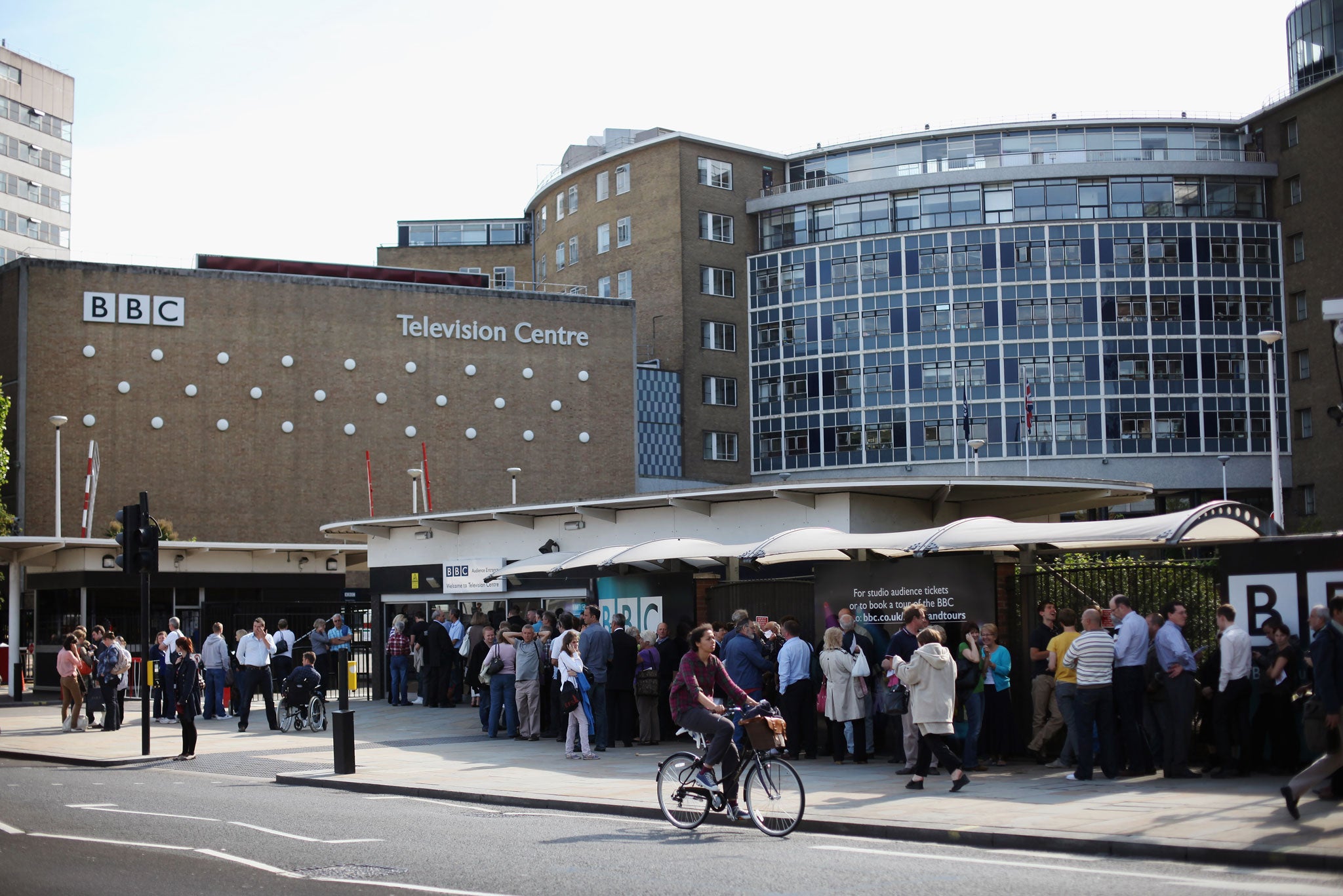Nobody could watch sale of BBC Television Centre without a pang of regret
The concentration of activities in this building endowed it with a special spirit


Nobody does nostalgia like the BBC. Nobody does self-reverence quite like the BBC. And, for sure, nobody has an archive like the BBC.
Put these ingredients together and you have a two-hour orgiastic trip through the corporation's back catalogue which marked an emotional farewell to Television Centre, the familiar doughnut-shaped building in London's White City which has been home for the past 53 years to the biggest, most memorable, most ground-breaking programmes in British TV.
Hosted by Michael Grade, a former chairman of the corporation and as close to television royalty as it's possible to get, this valedictory live programme on Friday night was an illustration of just why we love the BBC. It wasn't so much the parade of the great figures of the past, and it wasn't even the reminder of the great shows we've loved and lost.
It was the fact that two hours were spent lamenting a decision they themselves had made. No other organisation has quite such a propensity for self-flagellation as the dear old BBC. So, in the midst of the rheumy-eyed recollections and the fake humility of countless performers, you had Danny Baker lambasting the sale of the building to make way for a hotel, leisure complex and bijou townhouses. "You have to believe there is something in the bricks, the culture, the fabric of the building that has real worth," said Baker. "Otherwise, you'd have to think the Houses of Parliament would make a great hotel." Cue wild applause from the audience. And then there was the actor Brian Blessed, who was generously given the airspace for his theatrical encomium to TV Centre. "For the nation, it's a big loss," he said. "It's beatific. It's Shangri La. I think it's frightful that it's closing. They made a mistake and they need a kick up the arse."
Any other broadcaster would have sought to quell such seditious thoughts, but the BBC still has a remarkable independence of mind and of spirit, and, whatever its enemies might like to say, it is very far from being a one-party state. The question is whether any of this matters. Did the viewers, who tuned in for Z-Cars (the prototype police drama whose peak audience in the 1960s was more than 16 million, barely believable these days), or Morecambe and Wise, or I, Claudius, or Blue Peter, really care about where their favourite programmes were being broadcast from? Was this, after all, just a building? Or is that like saying St Paul's is just a place of worship? Or Buckingham Palace is just a family home?
I found myself convinced by the argument - regularly repeated by Grade's guests - that there was indeed something special about Television Centre, that the concentration of activities in one place, the synthesis of so much talent, was responsible for a culture of creativity that inspired some of the most imaginative, individual, challenging and - not least - entertaining programmes in our lifetime.
And so, for £200m, the BBC has sold some of its history, as well as a prime piece of real estate, to a commercial property developer. It seems a strange decision for an organisation with such an acute sense of what's priceless.
Join our commenting forum
Join thought-provoking conversations, follow other Independent readers and see their replies
Comments
Bookmark popover
Removed from bookmarks